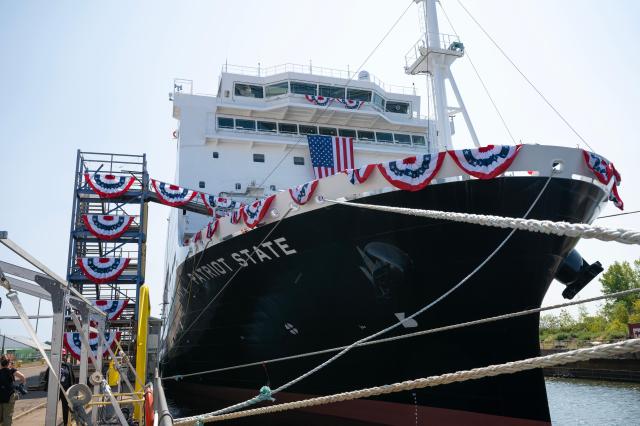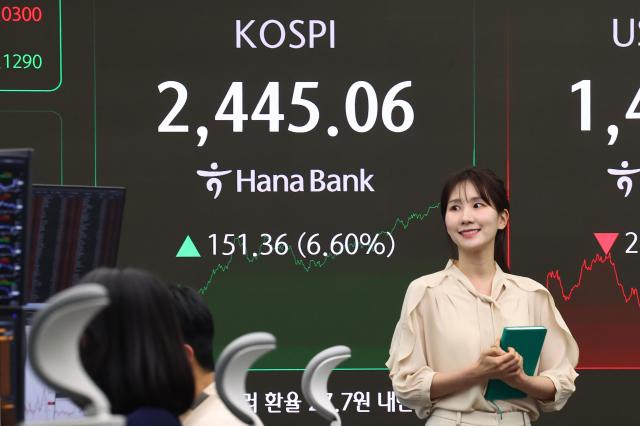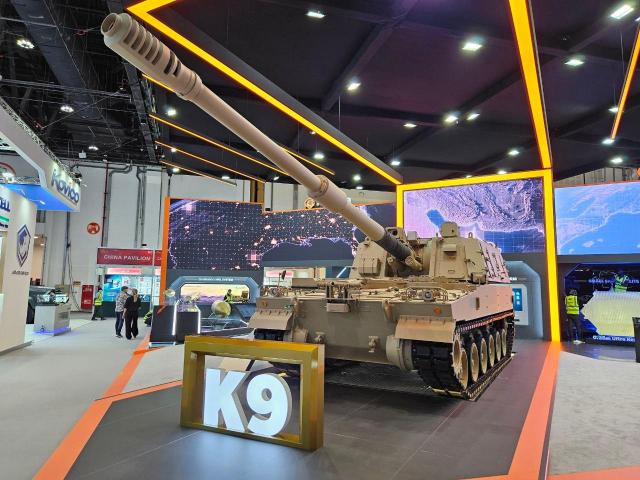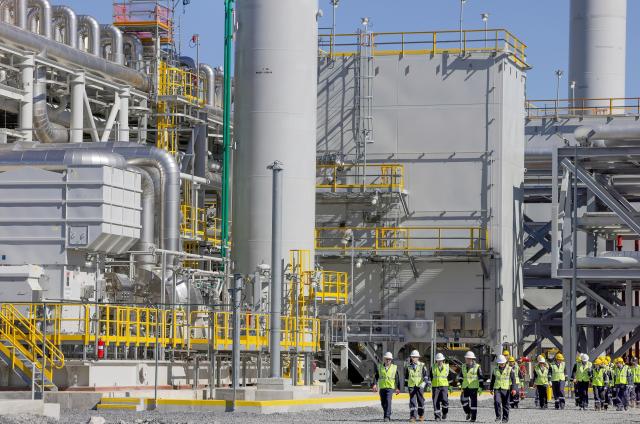
South Korea, which led the global shipbuilding market in January 2025 with 62 percent of total compensated gross tons (CGTs) for 13 shipbuilding orders, now holds a bargaining chip as Trump recently signed an executive order on Wednesday aimed at revitalizing American shipbuilding capabilities and countering Chinese maritime dominance.
The executive order notably includes provisions for incentives to encourage allied nations' shipbuilding companies to invest capital in the United States to strengthen American shipbuilding capacity. President Trump and Acting Prime Minister Han Duck-soo reportedly also mentioned shipbuilding as an area for U.S.-Korea cooperation during their first phone call.
The U.S. shipbuilding industry has been in decline for decades, a trend taken a toll by the Merchant Marine Act of 1920, known as the Jones Act, which fostered monopolies among domestic shipbuilders and eroded global competitiveness. Last year statistics say China had surpassed the United States in total fleet size, fielding 234 vessels to the U.S. Navy’s 219.
South Korea is already a strong ally for rehabilitating U.S. maritime supremacy, as both major players Hanwha Ocean and HD Hyundai Heavy Industries secured Master Ship Repair Agreements (MSRAs) with the U.S. Naval Supply Systems Command this year, though these contracts remain limited to MRO.
Aside from shipbuilding, the Trump administration seeks cooperation with Alaska's liquefied natural gas (LNG) project, as U.S. Treasury Secretary Scott Bessent highlighted as an area of interest. Previously, the U.S. had suggested South Korea, Japan, and Taiwan to be on board the project, especially reaching out to South Korea for specialized icebreakers — essential for navigating Arctic waters — that Korean shipbuilders also take pride in.
Copyright ⓒ Aju Press All rights reserved.





View more comments